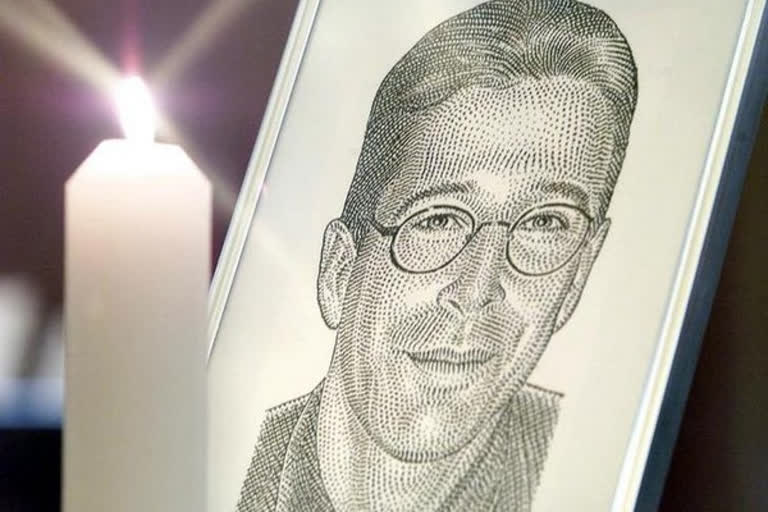Islamabad: The parents of slain American journalist Daniel Pearl on Saturday filed an appeal to Pakistan's Supreme Court seeking reversal of the Sindh High Court verdict that overturned convictions of four men in their son's kidnapping and murder case.
Pearl, the 38-year-old South Asia bureau chief for The Wall Street Journal, was abducted and beheaded while he was in Pakistan investigating a story in 2002 on the alleged links between the country's powerful spy agency ISI and al-Qaeda.
Read also:Pakistan PM warns new virus may devastate developing nations
On April 2, a two-judge Sindh High Court bench overturned the death sentence of British-born 46-year-old al-Qaeda leader Ahmed Omar Saeed Sheikh, who was convicted in the abduction and murder of Pearl in 2002. He has been in jail for the past 18 years.
The court also acquitted his three aides - Fahad Naseem, Salman Saqib and Sheikh Adil- serving life sentences in the case. The bench announced the verdict on the appeals filed by the four convicts 18 years ago.
Read also:Pak court commutes Daniel Pearl killer's death sentence to 7 yrs
Two criminal petitions have been filed by renowned lawyer Faisal Siddiqi on behalf of the parents - Ruth Pearl and Judie Pearl - against the acquittal and release of the four accused, the Express Tribune reported on Saturday.
"The decision by the Sindh High Court to free the men in the murder of Daniel Pearl is a complete miscarriage of justice. It is a defining case for the Pakistani state and its judicial system, involving freedom of the press, the sanctity of every life, freedom from terror and the manifestation of a welcoming and safe Pakistan to the world. Rarely has any court case embodied and risked such fundamental values, the lawyer said.
According to the petition, the Sindh High Court has failed to note that this was a brutal murder as a result of international terrorism and the principle of the standard of proof, as well as the benefit of doubt in cases of international terrorism, has to be applied keeping in the context that the nature and type of evidence available in such terrorism cases cannot be equated with cases involving non-terrorism crimes.
